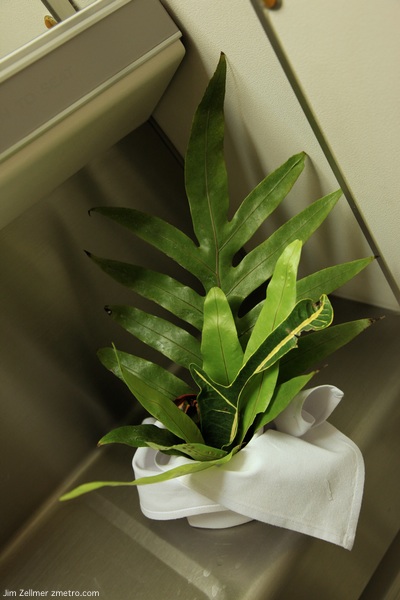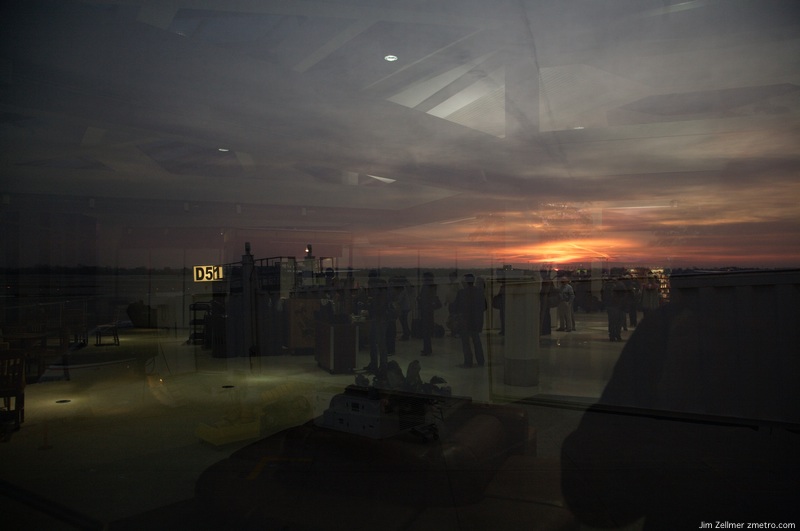HOUSE MEMBERS VOTING ‘YES’ ON AUTO INDUSTRY BAILOUT RECEIVED, ON AVERAGE, 65% MORE FROM AUTO INDUSTRY INTERESTS THAN THOSE VOTING ‘NO’
BERKELEY, CA, Dec. 11 —Members of the U.S. House of Representatives voted to pass the Auto Industry Financing and Restructuring Act last night. MAPLight.org’s research department revealed that over the past five years (January 2003 – October 2008), auto manufacturers, auto dealers and labor unions gave an average of $74,100 in campaign contributions to each Representative voting in favor of the auto bailout, compared with an average of $45,015 to each Representative voting against the bailout–65% more money, on average, given to those who voted Yes. The final vote: 237 Representatives voted Yes and 170 voted No, with 26 Not Voting and 1 voting “Present.”
MAPLight.org’s analysis included contributions from auto manufacturers, auto dealers, auto-related industries and labor unions, groups that have expressed support for this bill’s passage.
Related: Lessig is moving back to Harvard:
As faculty director of the Center, Lessig will expand on the center’s work to encourage teaching and research about ethical issues in public and professional life. He will also launch a major five-year project examining what happens when public institutions depend on money from sources that may be affected by the work of those institutions — for example, medical research programs that receive funding from pharmaceutical companies whose drugs they review, or academics whose policy analyses are underwritten by special interest groups.




